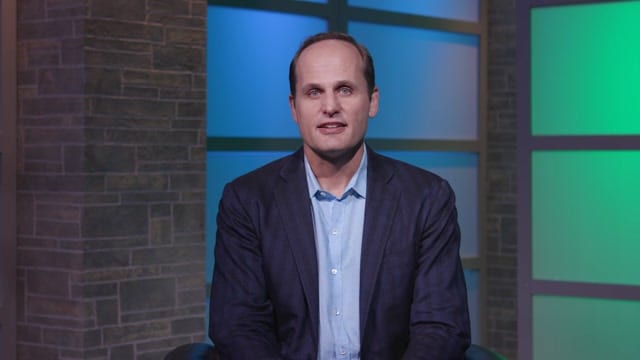
Laszlo Bock, CEO of Humu, former SVP of People at Google, author of ‘Work Rules!’, shares a best-practice method for handling low performers.

Laszlo Bock, CEO of Humu, former SVP of People at Google, author of ‘Work Rules!’, shares a best-practice method for handling low performers.
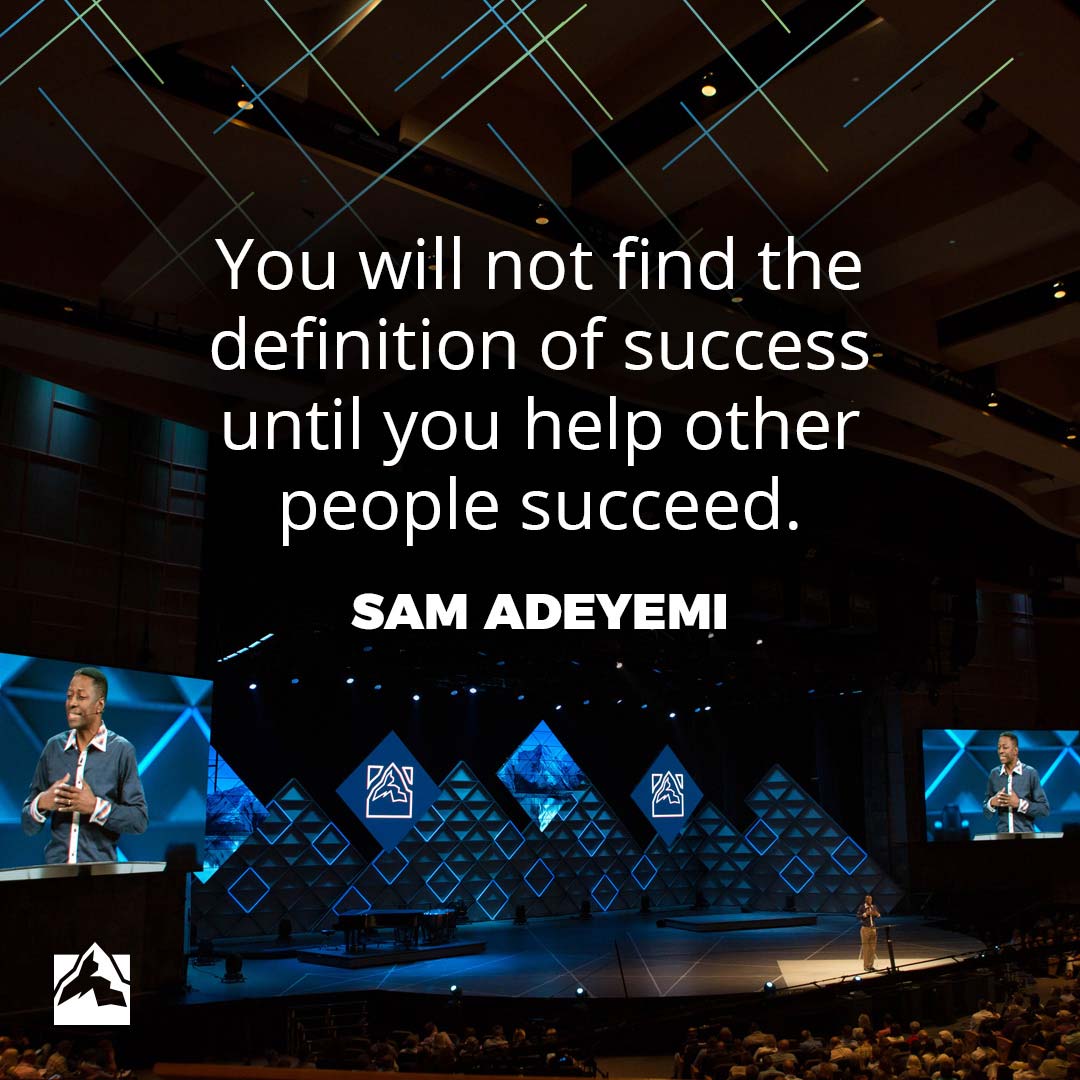
You will not find the definition of success until you help other people succeed.
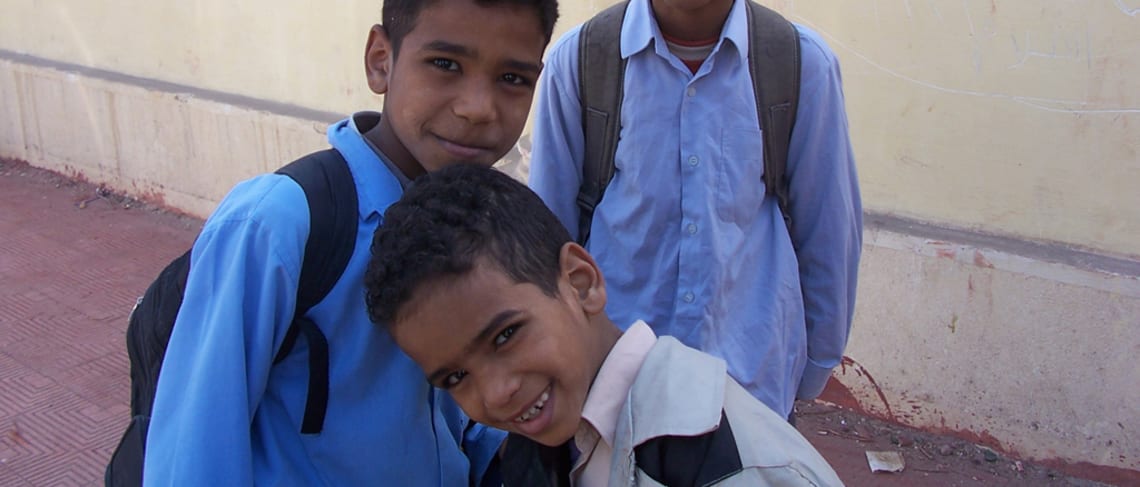
 When Samer El Daief, a businessman in Egypt, first heard about the Church’s role in the community during The Global Leadership Summit, he was challenged with what this idea meant to him and his role as a businessman.
When Samer El Daief, a businessman in Egypt, first heard about the Church’s role in the community during The Global Leadership Summit, he was challenged with what this idea meant to him and his role as a businessman.
Samer realized something significant at the Summit—the Church is meant to go beyond its walls and transform the community. “The Summit helped me realize the Church can easily go out and reconcile with the community,” said Samer. “In Egypt we live inside our Christian walls as a minority, and it was the first time I saw walls break down and I had the feeling we can communicate with people outside the Church.”
As a businessman, this was a freeing idea for him and his faith in the workplace.
 “My life is not only within my local church, but also the Church in Egypt, as well as in my business and my family,” Samer explains. “After the Summit, I realized we can have a bigger role in the community. I started to talk to the people in the government. God gave me grace to meet with the ministry of investment, the ministry of education and we talked about how we can help, both through my business and through my church.”
“My life is not only within my local church, but also the Church in Egypt, as well as in my business and my family,” Samer explains. “After the Summit, I realized we can have a bigger role in the community. I started to talk to the people in the government. God gave me grace to meet with the ministry of investment, the ministry of education and we talked about how we can help, both through my business and through my church.”
Samer is now involved in two projects, one with the ministry of education, and one to help small business entrepreneurs as they start their businesses. Both of these projects are close to Samer’s heart, and address the biggest needs in his community.
“Part of our problem in Egypt is education,” says Samer. “Of course we have some economic problems as well, but I think education and leadership are the keys.
“I dream of bringing something good to education in Egypt both for the church, and for the community so we can see transformation in my country.”
“In Egypt the government schools are very poor,” says Samer. “They don’t even have PE classes. The kids don’t play. They might have playground, but don’t have teachers. So in partnership with a company called Wellspring, that specializes in campaigns like this, we proposed to do a big project in hopes of reaching half million students from the government schools in the poor areas. We will teach them ethics, integrity, accepting others and honesty through theme games. We will start this project in the new school year.
“My second project is helping small business entrepreneurs start their business,” says Samer. “I established a new company to help entrepreneurs who are struggling in different areas or entrepreneurs who want to start a new business. This was inspired by the Summit!”
I want to thank you very much for your donation and support for the GLS in Egypt. Last year we had a great Summit. For the first time, 150 people attended from outside the church. We had both Muslims and Christians there together. This was historical in our city. Newspapers wrote about it, and national television came to cover the Summit as well. We believe that next year, because of your support, we can have even more impact in our community. Thank you so much.—Samer El Daief, GLS leader, Egypt
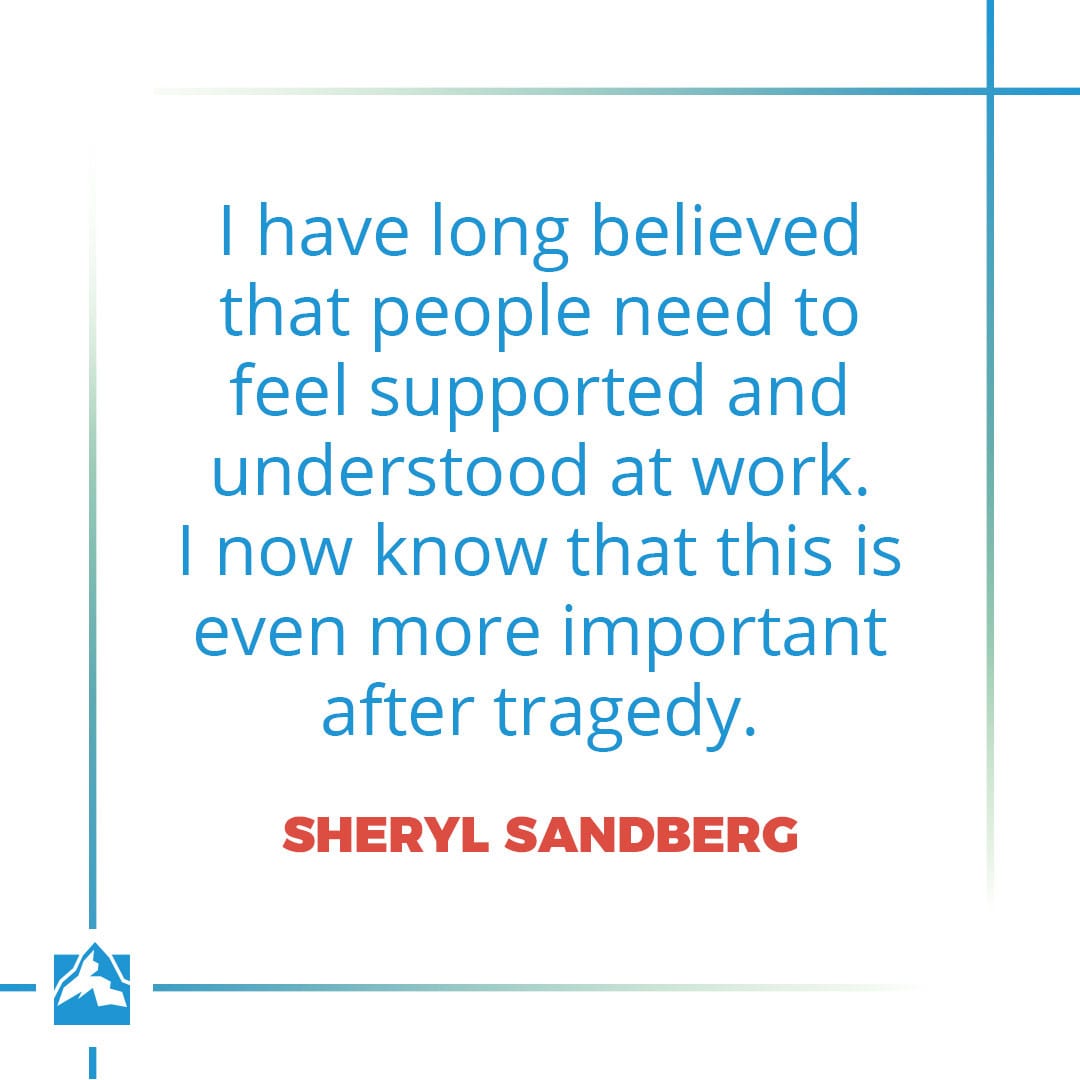
I have long believed that people need to feel supported and understood at work. I now know that this is even more important after tragedy.

Nudging employees toward more autonomy, not less, can be the solution to myriad workplace challenges. Just ask Disney.
The Jungle Cruise ride is a beloved Disney treasure, and one of my absolute favorites. For the uninitiated, every few minutes a cruise guide leads a 10-minute “tour” of the rivers of Asia, Africa and South America at Disney parks. The guide riffs his or her way through the tour, cracking jokes about passengers, the weather and even park management. It’s not a free-for-all, but with Disney’s modular script, no two cruises are ever alike.
As I heard from a former Disney cruise guide named Samantha, at one time a lack of new material from script writers led a handful of cruise directors to start coloring outside of the lines just a “little” too much. There was an impulse to ad lib and make up new material mid-stream.
Disney could easily have closed ranks, cracking down on creativity and enforcing a no-deviation rule.
Instead, Samantha told me, they instituted a contest—asking guides who’d created their own storylines to submit them to a panel of judges. The best zingers, jokes and one liners weren’t just approved, they were added to the official script for perpetuity.
As a result, Disney employees felt more like owners of the adventure, the company cut down on insubordination … and the scripts were funnier!
It makes sense. Research shows that autonomy—that is to say, a person’s sense of control over their work—is a key determinant of job satisfaction. The academic Francesca Gino went further in a 2016 Harvard Business Review cover story where she wrote that, to succeed, organizations need to balance any rules with the freedom that helps employees do their best work.
Even better, I was told that when Disney opened up the Jungle Cruise script to employee input, employees’ views of Disney as an innovative place to work improved, an outcome consistent with research linking increased autonomy with greater creativity.
Unfortunately giving people this kind of local control isn’t the norm.
Tighter management control can lead to employees who feel ineffectual and uninspired rather than empowered. One of the things we’re learning as we talk with folks about humu* is how empowerment can be fostered in any employee, with any role or rank, by giving employees even small amounts of personal freedom or—like Disney—a way in which they can express themselves in their work.
How can you try this out in your own organization?
And if you are at the top of the management chain?
When your front-line managers come to you with a problem that seems unsolvable (“Not enough time!” “Insubordinate cruise directors!”), fight the urge to institute more control. Instead, give freedom a shot.
The effect just might be magic.
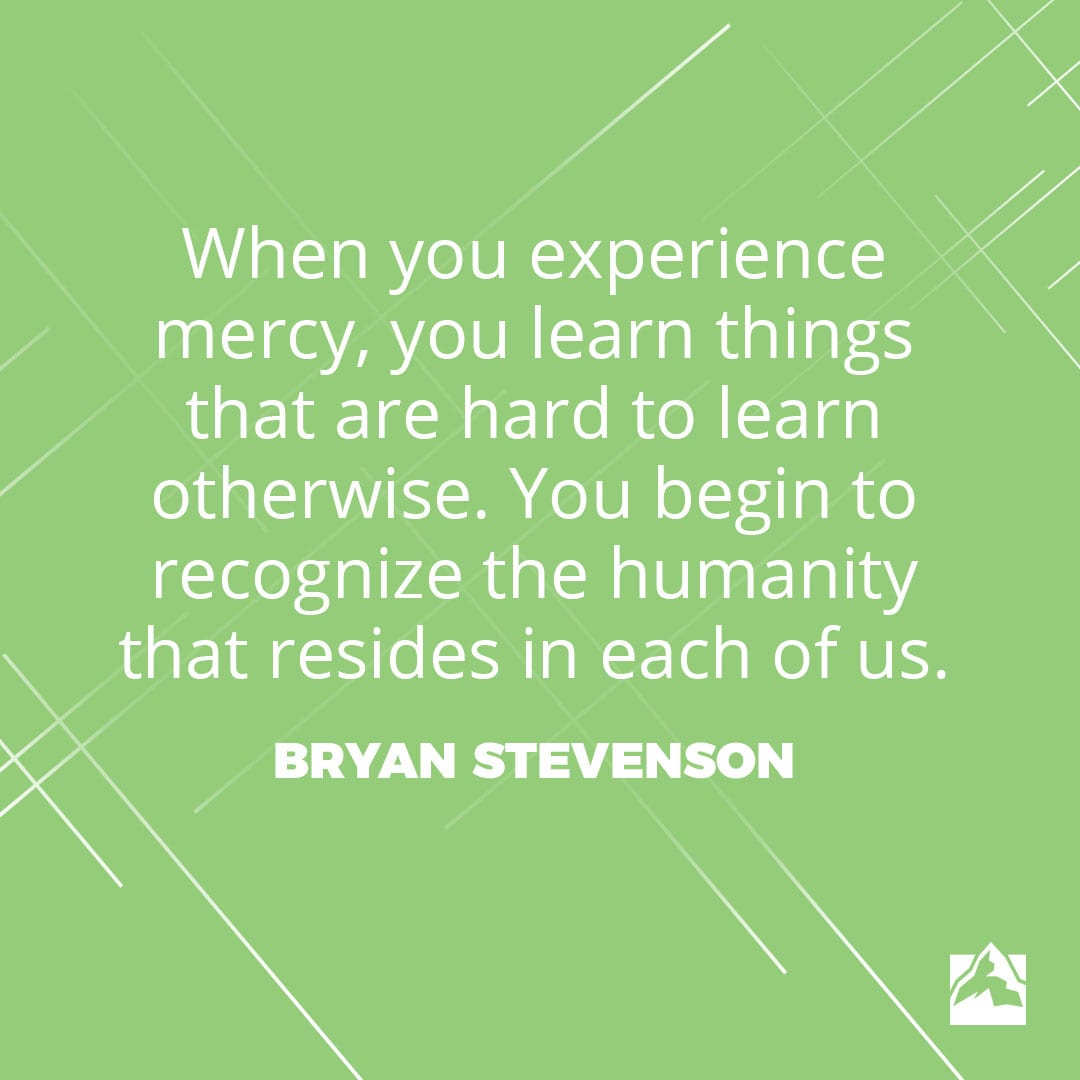
When you experience mercy, you learn things that are hard to learn otherwise. You begin to recognize the humanity that resides in each of us.
Psychologist Angela Duckworth shares her findings on what affects grit and whether or not it is fixed.
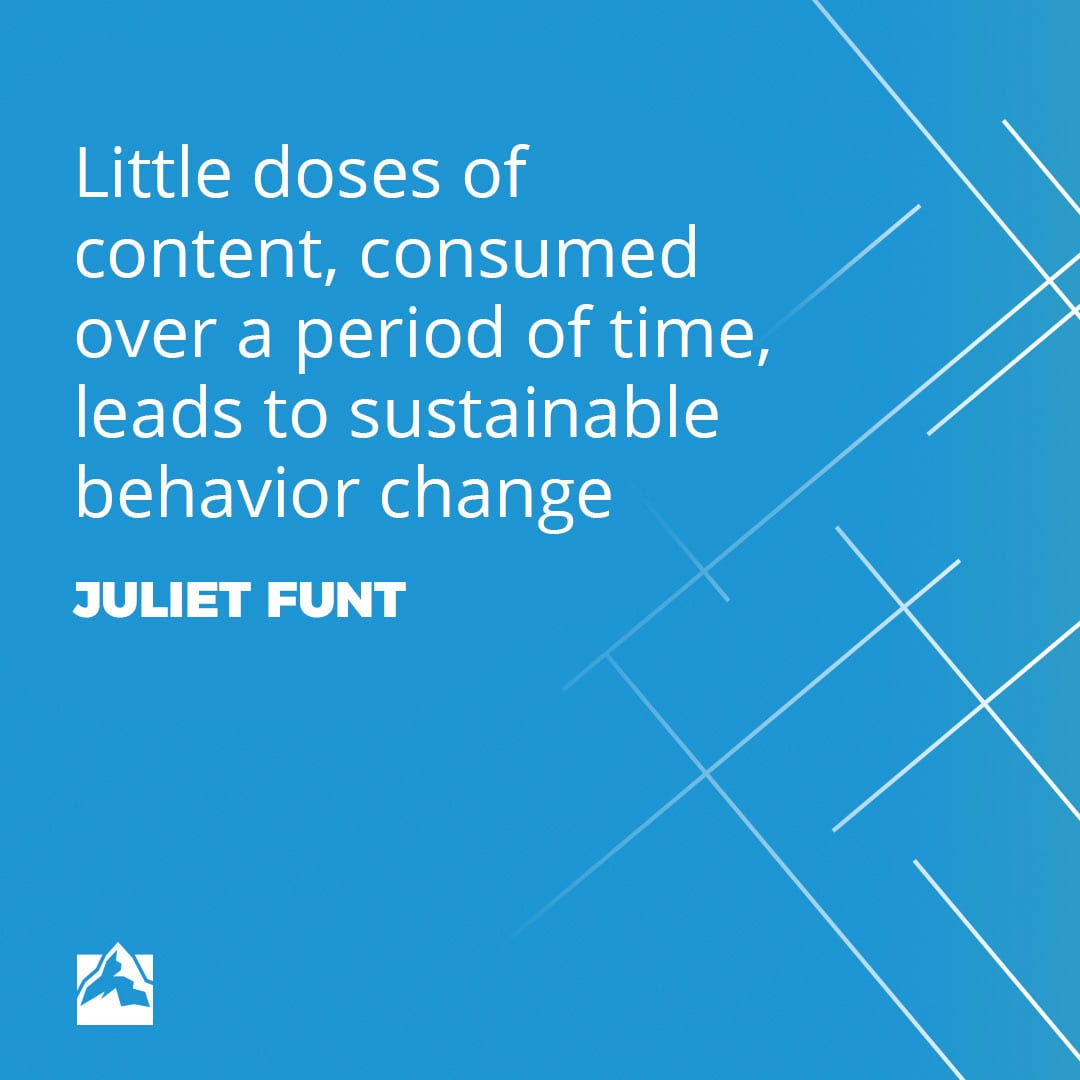
Little doses of content, consumed over a period of time, leads to sustainable behavior change.
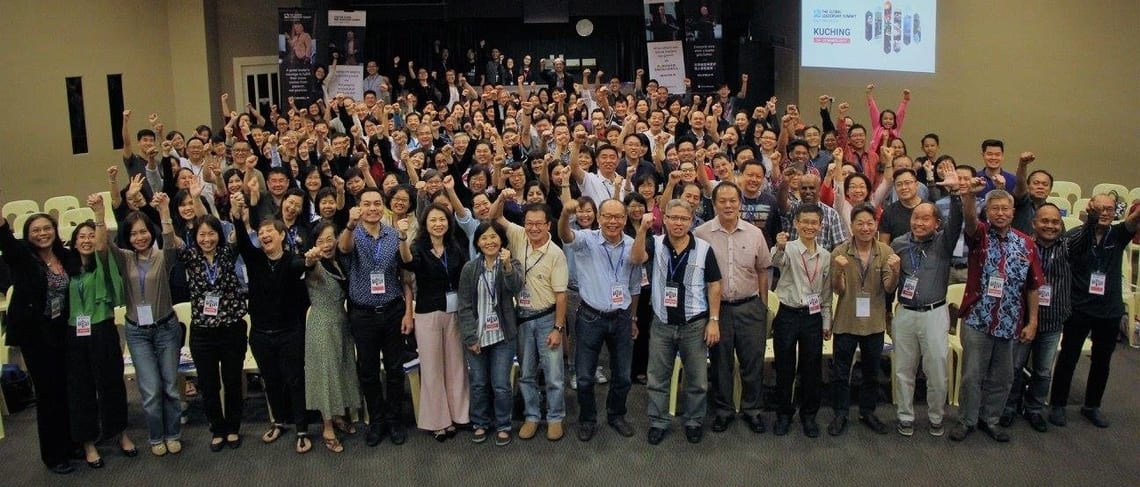
More events occur in November than any other time of the year!
Please pray for each of the the GLS events happening this month serving more than 96,000 leaders. Pray for God’s presence and anointing. Pray that each leader who attends would be blessed, encouraged and inspired. Imagine the impact and the ripple effect!
AFRICA
Angola, Benin, Botswana, Burkina Faso, Cameroon, Chad, Congo Brazzaville, Democratic Republic of the Congo, Ethiopia, Gabon, Gambia, Ghana, Guinea-Bissau, Guinea-Conakry, Ivory Coast, Kenya, Liberia, Madagascar, Malawi, Mali, Mozambique, Namibia, Niger, Nigeria, Senegal, Sierra Leone, South Africa, Swaziland, Tanzania, Togo, Uganda, Zambia, Zimbabwe
ASIA & MIDDLE EAST
Cambodia, China, Hong Kong, India, Indonesia, Israel, Japan, Jordan, Kazakhstan, Kyrgyzstan, Malaysia, Mongolia, Myanmar, Nepal, Palestine, Philippines, Singapore, Sri Lanka, Taiwan, Thailand, United Arab Emirates, Vietnam
CARIBBEAN
Bahamas, Barbados, Cuba, Dominican Republic, Haiti, Jamaica, Trinidad and Tobago
CENTRAL AMERICA
Costa Rica, El Salvador, Guatemala, Honduras, Mexico, Nicaragua, Panama
EUROPE
Albania, Belarus, Belgium, Bulgaria, Croatia, Czech Republic, Denmark, Estonia, Faroe Islands, Finland, Greece, Hungary, Iceland, Italy, Latvia, Lithuania, Macedonia, Malta, Moldova, Netherlands, Norway, Poland, Portugal, Romania, Russian Federation, Serbia, Slovakia, Spain, Sweden, Ukraine, United Kingdom, Ireland
 OCEANIA
OCEANIA
Australia, Fiji, New Zealand, Papua New Guinea
SOUTH AMERICA
Argentina, Bolivia, Brazil, Chile, Colombia, Ecuador, Peru, Suriname, Uruguay, Venezuela
NORTH AMERICA
Canada

I’ve seen hatred, and I have seen love. And love is more powerful.
“We welcome and encourage comments on this site. There may be some instances where comments will need to be edited or removed, such as:
If you have any questions on the commenting policy, please let us know at heretoserve@globalleadership.org”
Recent Comments